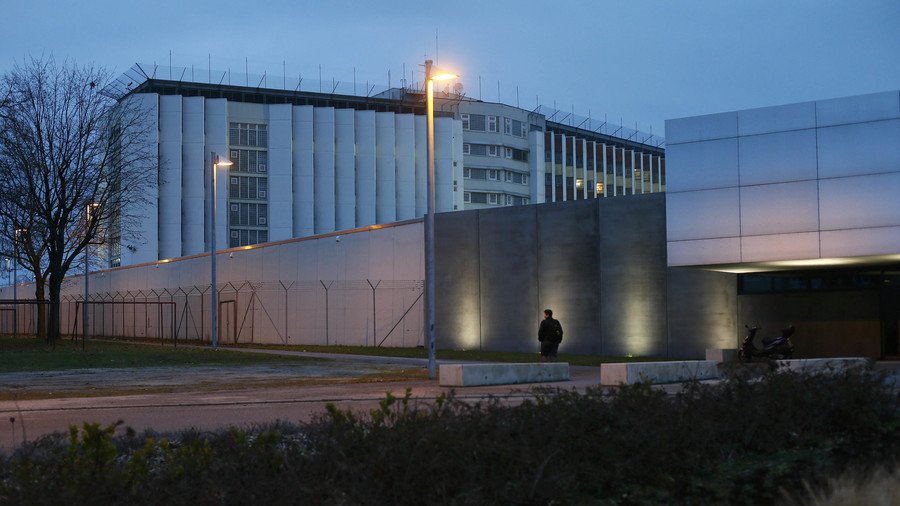Detention facilities in Germany are trying to cope with a growing number of radical Islamist extremists. Some 150 are currently being held in prisons across the country, and officials fear a “wave of extremists” in jails.
Around 150 Islamists are currently being held in prisons across Germany, Die Welt reported on Wednesday, citing the Federal Criminal Police Office (BKA). They are either serving jail sentences or are in custody on terror-related charges. A number of other inmates being held, the so-called "relevant persons," are said to be sympathizers or supporters of radical Islam.
Eva Kuhne-Hormann (CDU), who is minister of justice for the German state of Hessen, painted a bleak picture of the country’s security situation. "Over the next few years, we must expect a wave of extremists in our prisons," she told the newspaper. She noted that the sheer number of Islamists in German jails "poses great challenges for our deradicalization and prevention work."
The Federal Prosecutor's Office in Karlsruhe initiated around 1,000 terrorism prosecutions last year alone, Die Welt reported. Rene Muller, chairman of the Federal Association of Criminal Investigators, fears that "If more people are arrested, the security risk for the employees will also increase.”
Muller says it’s important to have special training and education for the staff in the face of dangerous Islamist prisoners.
Last month, Christian Ganczarski, a German Islamic convert and a former senior Al-Qaeda member, attacked and wounded guards at the high-security prison in Vendin-le-Vieil in northern France after learning that he might face extradition to the US in connection with investigations into the September 11, 2001, attacks. The prison service said the 51-year-old assailant was armed with scissors and a razor blade.
Experts agree that dangerous Islamists being held in prisons across Germany pose a real threat to public security. “The number of Muslims in the jails is big enough to create a group who can influence others in the jails because the others are not organized in any form,” Ralph Ghadban, a Lebanese-German political scientist and publicist, told RT.
The problem is that “Our society is not prepared for dealing with such problems,” Rainer Rothfuss, a former German intelligence officer, said.
“I think we really need to think of alternative solutions. The legal basis in parliament would need to be prepared, discussed, debated, decided. What is the purpose of keeping [extremists] in our prisons instead of solving the problem by deporting them, sending them back to their countries of origin. Deportation is something that threatens their existence, and therefore I think this would be much, much stronger of a signal compared to just social reintegration programs,” he told RT.
The number of violent Islamist radicals living in the German capital jumped more than fourfold in six years, a new security report said last month. As many as 950 followers of Salafism, a radical, ultraconservative interpretation of Islam, currently live in Berlin, the Tagesspiegel daily reported, citing a report by the German domestic intelligence service, BfV. The number of Islamists in Berlin has more than doubled since 2011, and is steadily rising as 100 new followers joined local Salafist groups since last spring, the paper reported.
Over recent years, 127 radicals traveled from Berlin to Syria and Iraq to join terrorist organizations such as Islamic State (IS, former ISIS/ISIL), BfV said.
Hans-Georg Maassen, the head of Germany’s domestic intelligence agency, recently warned that the security services are facing a record number of Islamists. The number of Islamist sympathizers is at an “an all-time high,” he noted in December. The official noted that the fundamentalists are increasingly abandoning radicalization in mosques in favor of “small conspiratorial circles, primarily on the internet,” which is proving a “particular challenge” for the security services.
Think your friends would be interested? Share this story!



